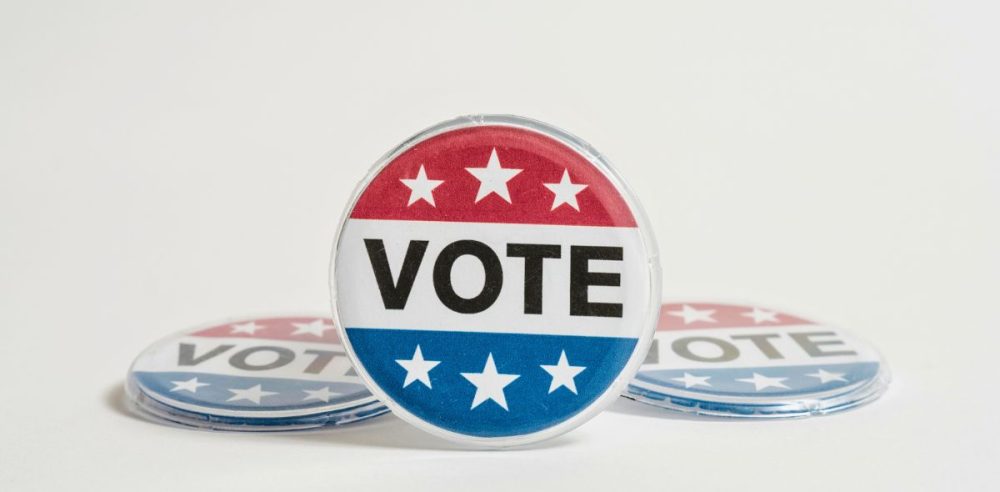(Texas Scorecard) – The Texas House has approved a measure aimed at restoring the state attorney general’s power to prosecute election fraud.
It’s an issue that landed on the special session agenda after State Rep. Matt Shaheen (R–Plano) helped sink it during the regular session.
Senate Bill 12 by State Sen. Bryan Hughes (R–Mineola) would give the attorney general jurisdiction to directly prosecute violations of Texas election laws. The legislation requires law enforcement agencies to turn over reports of probable election offenses to the AG’s office and mandates that local prosecutors share information upon request.
The measure further clarifies that the AG “has jurisdiction to prosecute and shall represent the state in the prosecution” of election crimes, even directing local prosecutors to assist, if necessary.
This renewed effort comes after a breakdown earlier this year, when similar legislation advanced during the regular session but died in conference committee after the House and Senate passed sharply differing versions.
Shaheen, leading the House negotiators, insisted on including a six-month delay before the attorney general could take up cases—a provision Attorney General Ken Paxton and the Senate rejected as unworkable. The impasse killed the effort, prompting Gov. Greg Abbott to place the issue on the special session agenda.
This time, Shaheen carried the new bill in the House.
The clash dates back to the 2021 ruling in State v. Stephens, when the Texas Court of Criminal Appeals struck down the attorney general’s long-standing authority to independently prosecute criminal cases, declaring that the state constitution limited such power to local district and county attorneys. That decision stripped Paxton and future AGs of a power that had existed for decades.
Supporters argue restoring the AG’s role is critical to ensuring election crimes are prosecuted in counties where local prosecutors may lack resources or be unwilling to act.
While Abbott has specifically called for a constitutional amendment to provide lasting clarity after the court’s ruling, Paxton has repeatedly urged lawmakers to act, warning that election fraud cases can otherwise go unpunished.
The bill passed in an 85-54 vote.
A proposed constitutional amendment, however, was unsuccessful.
House Joint Resolution 1 sought to amend the Texas Constitution to explicitly grant the attorney general concurrent jurisdiction with county and district attorneys to prosecute election-related offenses. That resolution would have been placed before voters on the November 2026 ballot.
It failed to reach the 100-vote threshold required for constitutional amendments.


